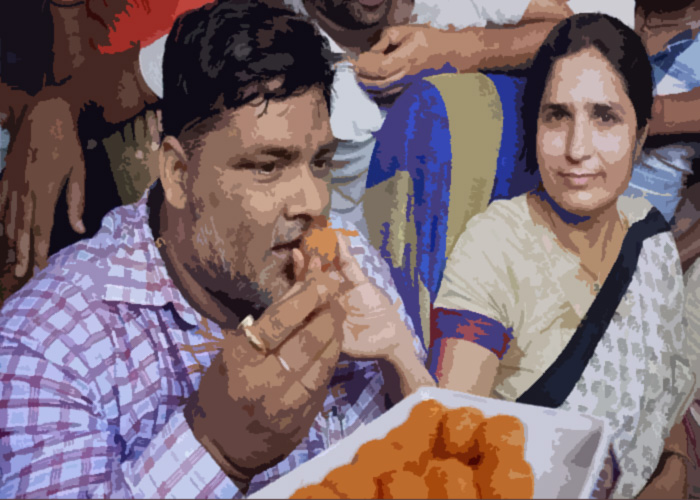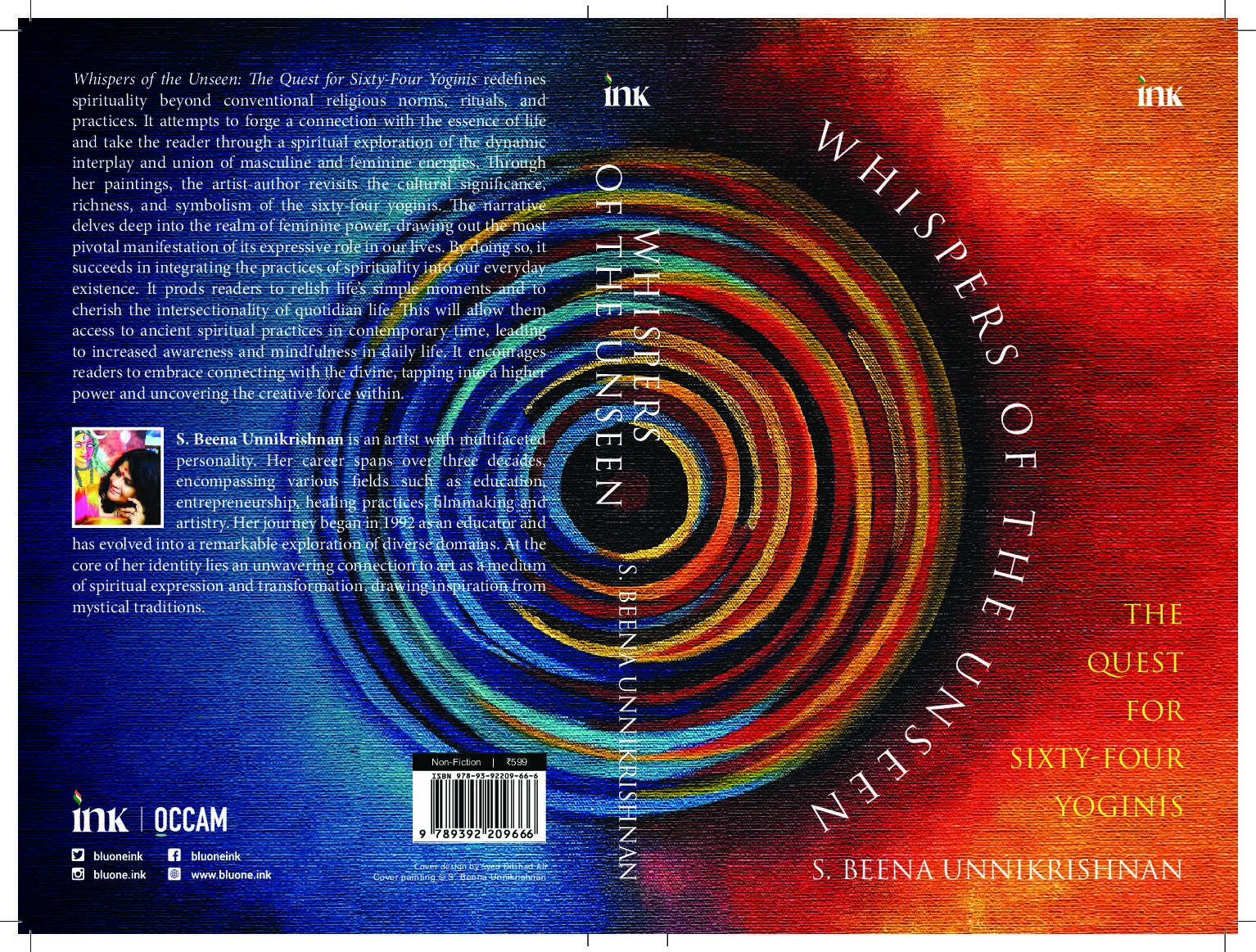Ranjeet Ranjan marries politics with hypocrisy
Ravi Shanker Kapoor | February 20, 2017 9:20 pm

No man’s life, liberty, or property is safe while the legislature is in session. It is a subject of debate who made this remark, for it has been attributed to Mark Twain, Benjamin Franklin, and Gideon John Tucker—all American public figures. The correctness of it is, however, beyond dispute. In India more than in the US. A proposed Bill, aimed at restricting spending in marriages, underlines this fact.
Parliamentarian Ranjeet Ranjan, the wife of don-turned-MP Pappu Yadav, has introduced the Marriages (Compulsory Registration and Prevention of Wasteful Expenditure) Bill, 2016. It may be debated when Parliament reconvenes next month for the second part of the Budget Session. The proposed legislation favors a spending cap of Rs 5 lakh on weddings; those who want to spend more will have to shell out 10 per cent of that amount on the marriages of girls from poor families.
Ranjeet Ranjan’s rationale for the Bill: “Great importance should be assigned to the solemnization of marriage between two individuals. But, unfortunately, these days a tendency of celebrating marriages with pomp and show and spending lavishly [is] growing in the country. These days, marriages are more about showing off your wealth and as a result, poor families are under tremendous social pressure to spend more. This is needed to be checked as it is not good for society at large.”
There is nothing wrong or new in what she says; it is commonplace that people do indulge in ostentation, that they tend to spend beyond their means, that there is often “social pressure” on those who can scarcely afford lavish weddings. But the point is that expensive weddings are a social issue—if at all, it is an issue.
For it is a fact that for most Indians, marriage of their children is something they look forward to, for which they plan for years, with which many of their aspirations are associated. For them, it is a great event of joy. In fact, the literal meaning of the Urdu word ‘shaadi’ is happiness or joy. Therefore, to regulate a social event is a worst form of state intervention.
Now, the ostentation associated with India weddings is often extreme—a recent instance being the marriage of Bramhani, daughter of the controversial mining tycoon, Gali Janardhan Reddy, in Bangalore. To some people, it may even appear obscene against the backdrop of poverty and misery in our country. But the way out should be persuasion—those opposed to extravagant marriages should convince the rich to have simple weddings—rather than coercion.
To begin with, politicians like Ranjeet Ranjan should themselves set good examples. On her own wedding in 1994, one lakh guests were reportedly invited. Even a chartered plane was engaged. There were hundreds of elephants and horses. Over 200 acres of land were required for the wedding. Therefore, her proposal is akin to other politicians’ championing of the cause of vernacular languages: in the name of culture, they don’t let poor students learn English right from the beginning, who struggle all their lives because of the lack of this essential qualification; at the same time, they send their own kids to convent schools so that they could study in English medium.
Ranjeet Ranjan’s proposed Bill is also reminiscent of the control mindset of our politicians. They want to control not just the economy but also society and the private lives of citizens. This mindset was evident during the Emergency when the authorities tried to make marriages simple affairs.
The opponents of Prime Minister Narendra Modi often accuse him of being tyrannical, of having imposed an undeclared Emergency. The truth, however, is that a large section of politicians in our country is a control freak and, therefore, a threat to the life, liberty, and property of people.






























